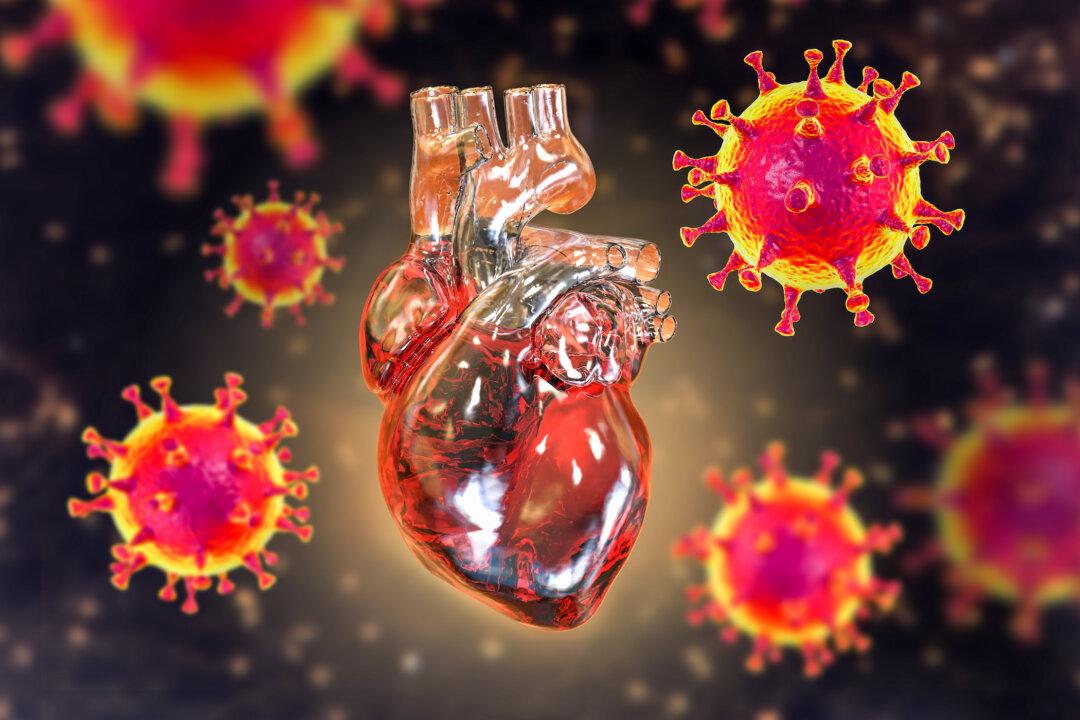A new study has revealed that one in six elite athletes has decreased heart function because they have more genes associated with heart muscle disease.
The “world first” study conducted by the Victor Chang Cardiac Research Institute found those athletes had heart issues at rest, including an enlarged heart, an irregular heartbeat, and changes in the left chamber responsible for pumping oxygenated blood.





